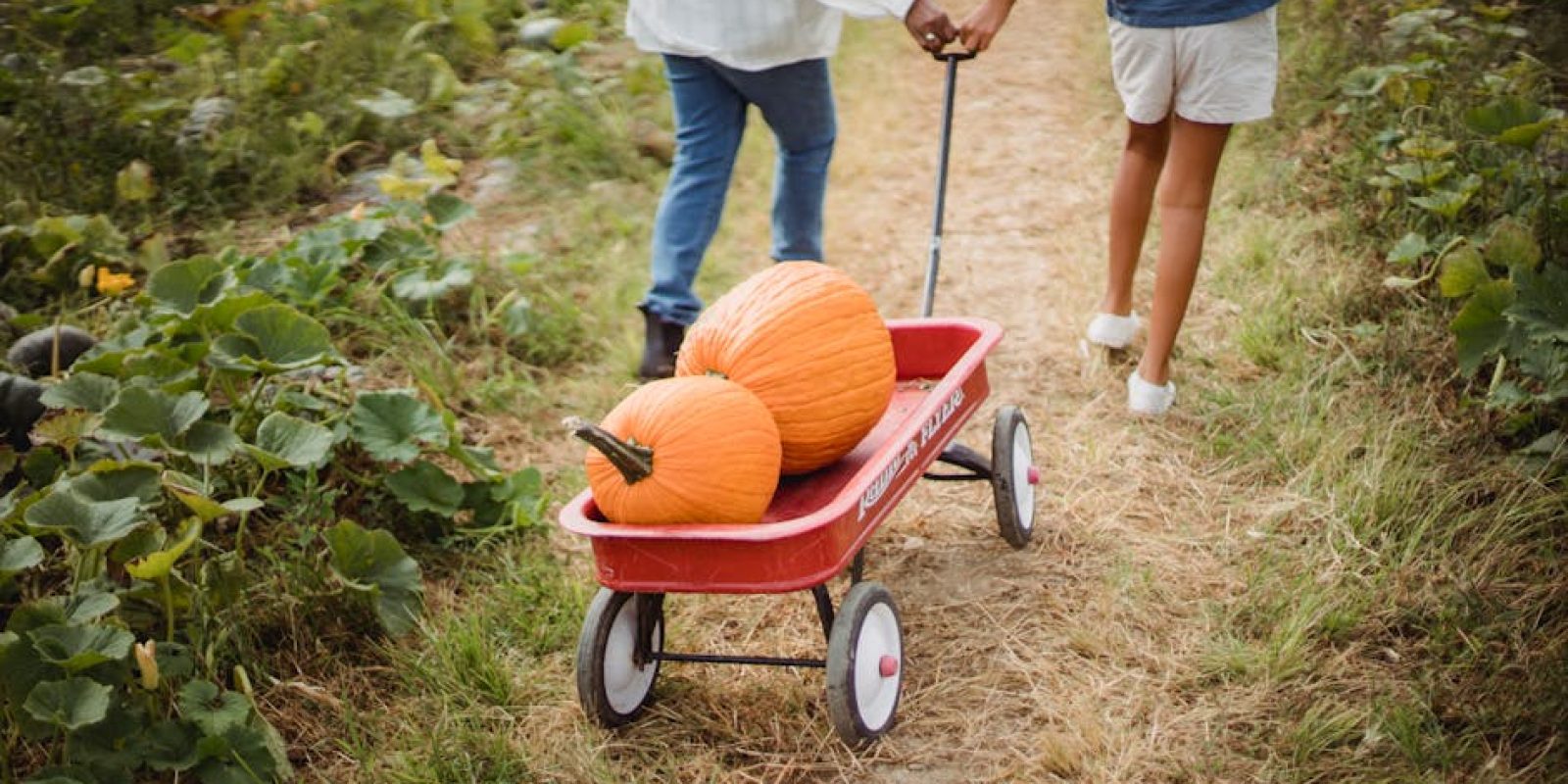Fall Fruits: Harvest Picks for Your Health
As the leaves turn golden and the air takes on a crisp chill, it’s time to embrace the bounty of fall fruits. Not only do these seasonal delights add a splash of color to your table, but they also pack a powerful punch of nutrients that can boost your health in myriad ways. From apples to pumpkins, let’s explore the best fall fruits that should be on your harvest list this season.
The Nutritional Powerhouses of Fall
Fall fruits are more than just delicious; they’re packed with vitamins, minerals, and antioxidants that can support your health. Let’s delve into some of the top picks and discover their benefits.
Apples: The Quintessential Fall Fruit
 Apples are synonymous with fall, and for good reason. They’re rich in fiber, especially pectin, which aids digestion and can help lower cholesterol levels. A medium apple provides about 14% of the recommended daily intake of Vitamin C, bolstering your immune system as cold season approaches.
Apples are synonymous with fall, and for good reason. They’re rich in fiber, especially pectin, which aids digestion and can help lower cholesterol levels. A medium apple provides about 14% of the recommended daily intake of Vitamin C, bolstering your immune system as cold season approaches.
Actionable Tip: Enjoy apples with the skin on to maximize your fiber intake. Try making a warm apple crisp with oatmeal and a sprinkle of cinnamon for a healthy dessert.
Pumpkins: Beyond the Jack-O’-Lantern
 Pumpkins are more than just Halloween decorations. They’re loaded with beta-carotene, which the body converts into Vitamin A, essential for eye health and immune function. A single cup of cooked pumpkin contains over 200% of the recommended daily intake of Vitamin A.
Pumpkins are more than just Halloween decorations. They’re loaded with beta-carotene, which the body converts into Vitamin A, essential for eye health and immune function. A single cup of cooked pumpkin contains over 200% of the recommended daily intake of Vitamin A.
Actionable Tip: Incorporate pumpkin into your diet by adding pumpkin puree to soups, stews, and even pancakes. Don’t forget the seeds; they’re a great source of magnesium and zinc.
Pears: A Fiber-Rich Choice
 Pears are another fall favorite, known for their juicy texture and sweet flavor. They’re an excellent source of dietary fiber, with one medium pear providing about 6 grams, or 24% of the daily recommended intake. Fiber is crucial for maintaining a healthy digestive system and can aid in weight management.
Pears are another fall favorite, known for their juicy texture and sweet flavor. They’re an excellent source of dietary fiber, with one medium pear providing about 6 grams, or 24% of the daily recommended intake. Fiber is crucial for maintaining a healthy digestive system and can aid in weight management.
Actionable Tip: Slice pears into salads for a sweet crunch or poach them in red wine for a sophisticated dessert.
Cranberries: The Antioxidant-Rich Berry
 Cranberries are small but mighty when it comes to health benefits. They are packed with antioxidants and Vitamin C, which can help prevent urinary tract infections and support overall immune health. Fresh cranberries are often available in the fall, perfect for making homemade sauces and relishes.
Cranberries are small but mighty when it comes to health benefits. They are packed with antioxidants and Vitamin C, which can help prevent urinary tract infections and support overall immune health. Fresh cranberries are often available in the fall, perfect for making homemade sauces and relishes.
Actionable Tip: Make a cranberry sauce with orange zest and a touch of honey to accompany your holiday meals. You can also add dried cranberries to salads and baked goods.
Incorporating Fall Fruits into Your Diet
Now that we’ve highlighted some of the most nutritious fall fruits, let’s look at practical ways to include them in your daily diet.
Breakfast Boosters
Oatmeal Toppings: Add sliced apples, pears, or a spoonful of pumpkin puree to your morning oatmeal. Top with nuts and a drizzle of honey for added flavor and nutrition.
Fruit Smoothies: Blend cranberries or apples with spinach, yogurt, and a banana for a nutrient-packed smoothie.
Healthy Snacks
Fruit and Cheese: Pair sliced pears with a bit of cheese for a balanced snack that includes protein, fiber, and healthy fats.
Roasted Pumpkin Seeds: Season pumpkin seeds with your favorite spices and roast them for a crunchy, nutritious snack.
Delicious Desserts
Baked Apples: Core apples and fill them with a mixture of oats, nuts, and a touch of brown sugar. Bake until tender for a healthy dessert option.
Fruit Compote: Simmer cranberries and pears with a bit of water and sweetener to make a delicious fruit compote that can be served over yogurt or pancakes.
Conclusion
Fall is a season rich with nutritious and delicious fruits that can enhance your health and delight your taste buds. By incorporating apples, pumpkins, pears, and cranberries into your meals, you can take advantage of their unique health benefits and enjoy the flavors of the season. So, head to your local farmers’ market, fill your basket with these fall fruits, and savor the harvest while nourishing your body.
Remember, eating seasonally not only supports your health but also promotes sustainable agricultural practices. Happy harvesting!



